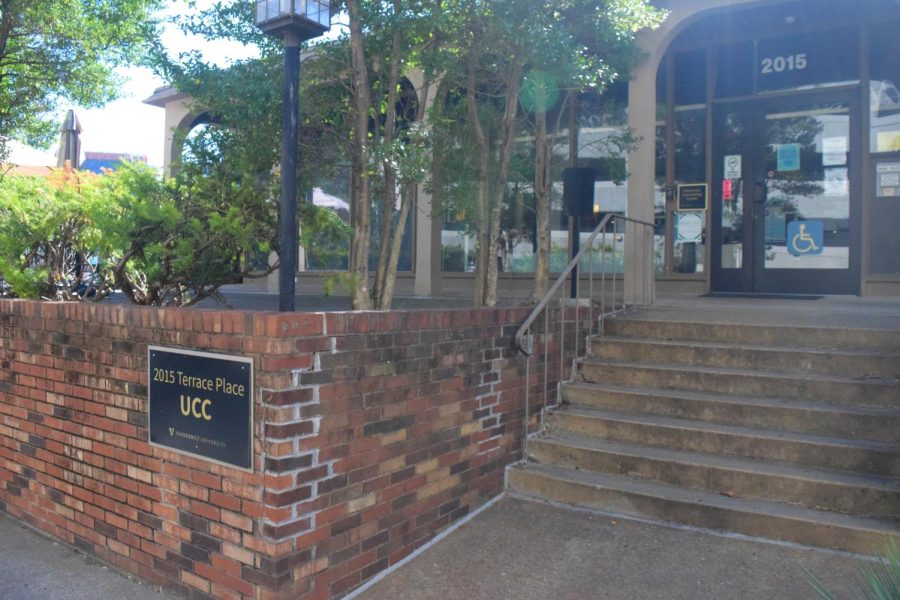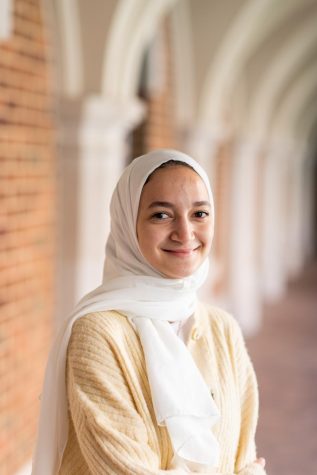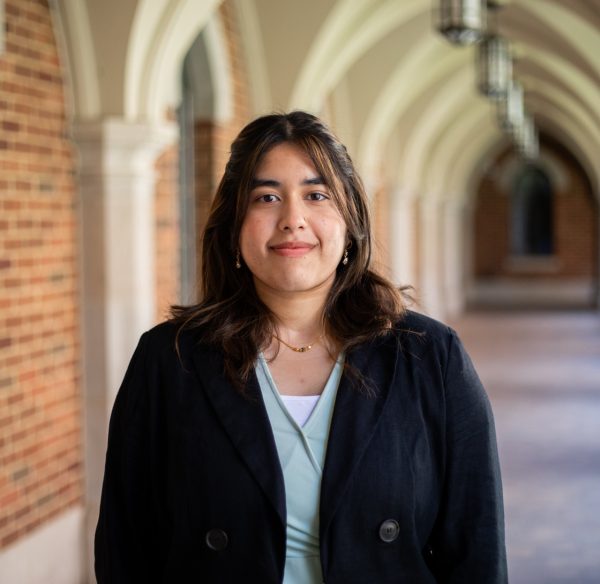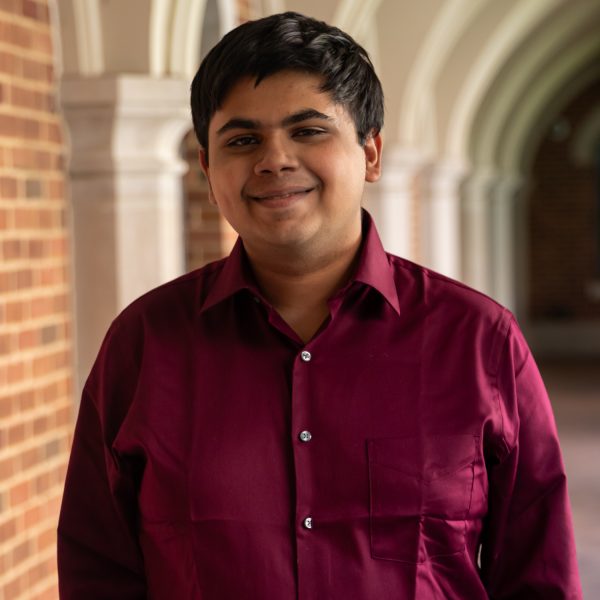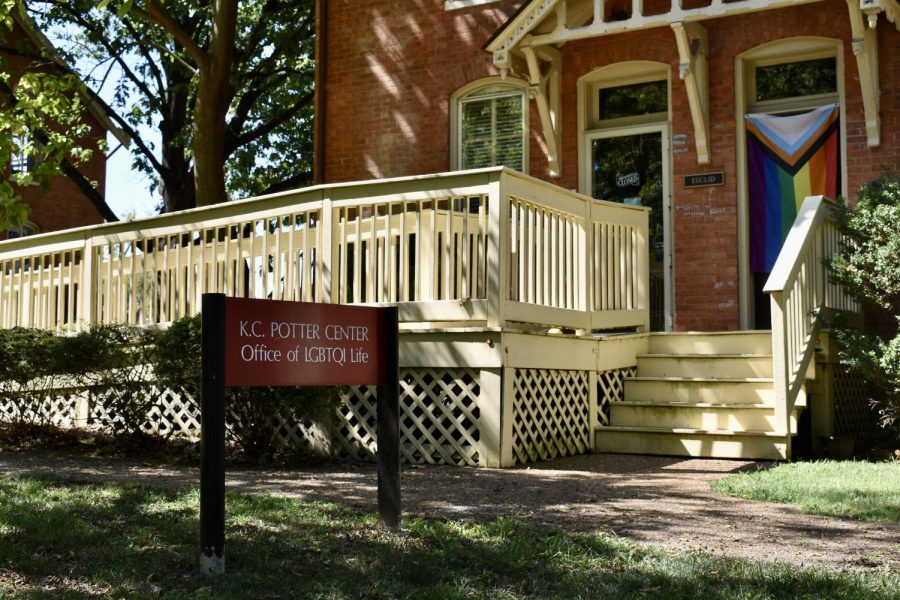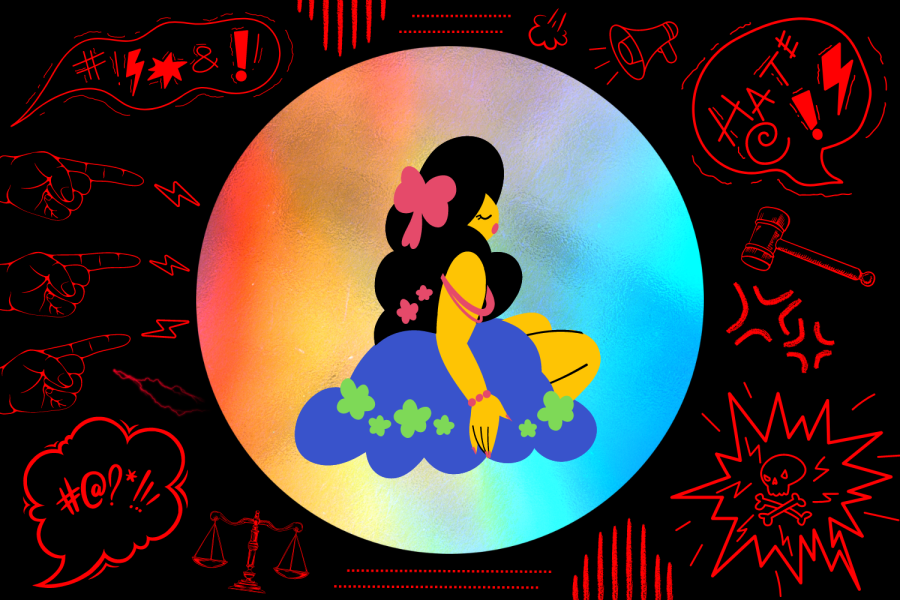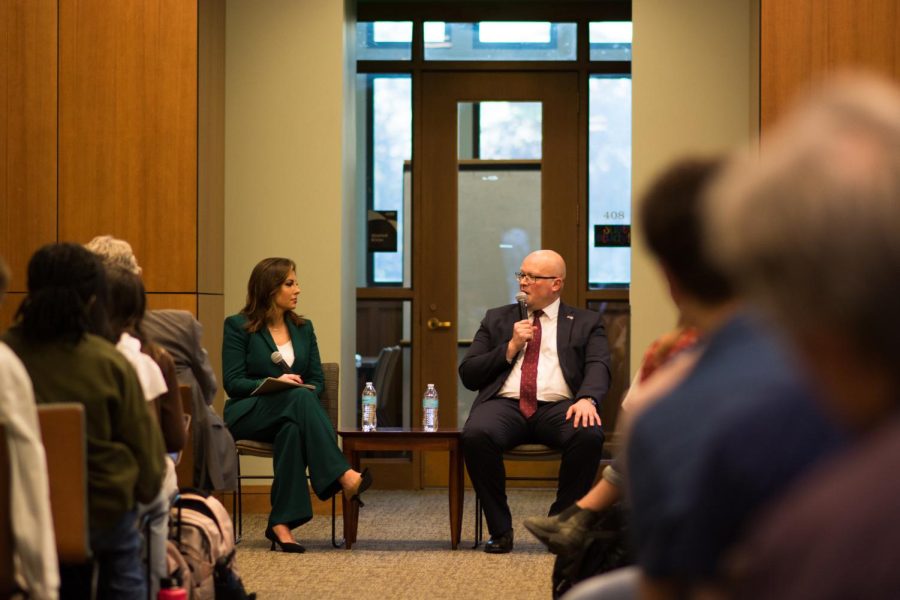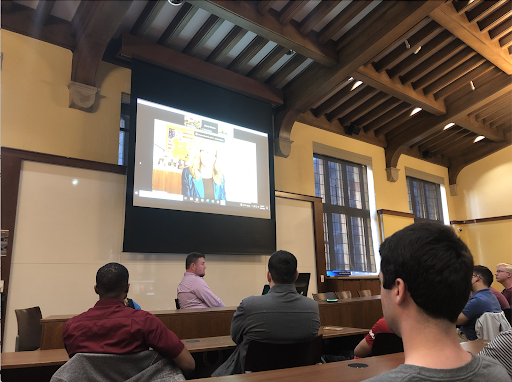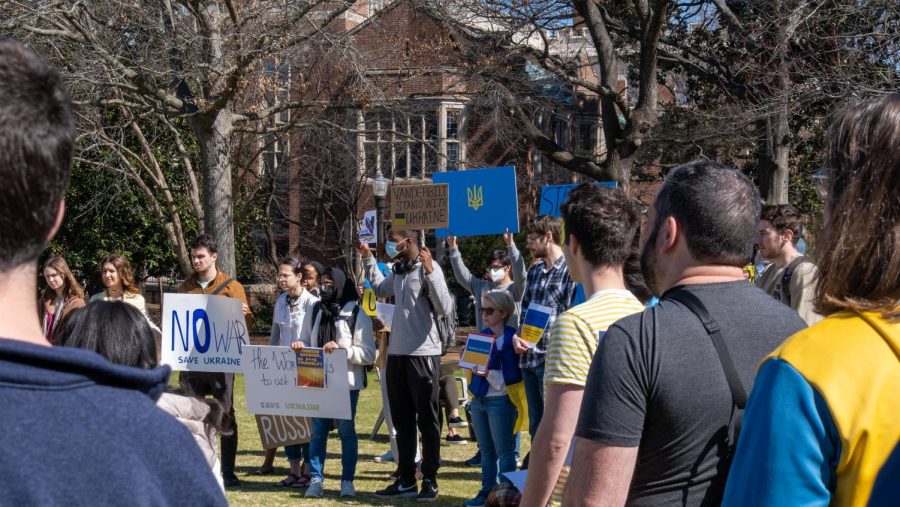The University Counseling Center and the Student Access Office have recently introduced changes to their services, including an expansion of drop-in consultations and a new office in Sarratt Center.
The University Counseling Center expands their services
The UCC announced the expansion of its pre-existing Drop-In Consultation program on Sept. 28. This expansion is geared towards students affected by “events and natural disasters happening both locally and across the globe.” Through this program, which will run from Sept. 28-Oct. 12, the UCC will “prioritize” the needs of students affected by these events, per its website.
The UCC’s drop-in consultation program gives students opportunities to have informal, confidential, and compassionate conversations with counselors provided by the university, per its website. Their services include consultations centered on sexual and ethnic identities, as well as consultations regarding specific topics, such as alcohol and drug concerns. A UCC representative explained in a message to The Hustler that the staff is prepared to address current national and international issues along with the identity-specific consultations they offer. Students may name any one of these reasons as a purpose for their visit at the start of the consultation.
Per the UCC, their services now extend to students affected by floods in Pakistan, the Dominican Republic, Puerto Rico and Cuba, as well as “unrest” in Iran and Russia and “the attack on trans rights happening locally.” The expansion applies to both virtual and in-person visits.
“At this time, any Vanderbilt student experiencing difficulties in response to current events, including but not limited to, recent natural disasters, global political unrest, local actions affecting the LGBTQ+ community, and additional local or global crises or tragedies, are welcome to utilize any drop-in consultation time slot that aligns with their schedule,” the UCC representative said.
Senior Safa Shahzad said she is happy with the change and hopes students will benefit from it. Shahzad said she uses the UCC for its “general” services, but added that the drop-in consultations may be a better option for those who have never used the center’s services before.
“I think it’s great for students who might be scared to use the UCC generally…I think that will be less intimidating for people,” Shahzad said.
Although the website indicates a two-week expansion, the UCC stated that they will continue to monitor the situation and make changes as they deem necessary.
“The UCC will continue to assess continuing this expanded approach to the drop-in consultation service in the weeks ahead, based upon demonstrated student need,” the UCC representative said.
Student Access moves to Sarratt Center
The Student Access office announced on Sept. 26 that it is now located in room 216 in Sarratt. The office was previously located in the Baker Building.
The announcement explained that this move was accompanied by expanded service options for students, such as study and testing rooms within Sarratt 216, rooms with sit/stand desks, software and hardware for students with a variety of hearing, reading and vision impairments such as talking TI-84 calculators and a Braille printer.
“Students began using the new space at the start of the fall semester,” Director of the Student Access Office Jamie Bojarski said in a message to The Hustler. “We have heard nothing but positive things about the move.”
The new office is now located in one suite in Sarratt, compared to two separate floors in Baker. The biggest change, according to Bojarski, is the expansion of the proctoring area.
“Our new space has eight small, distraction-reduced testing rooms that can test up to 34 students at one time. Our conference room has flexible seating and can add another 10 seats during busy times such as midterms and finals,” Bojarski said. “All testing spaces have hard-surfaced flooring, dimmable lighting and individual outlets for computer charging. Two testing rooms include state of the art technology for students with vision and hearing impairments.”
There have also been changes made to the closing times of the proctoring center. Per suggestions from students and faculty members, the proctoring center will now be open Monday-Thursday from 8 a.m.-8:30 p.m., and on Fridays from 8 a.m.-4:30 p.m. Previously, the center would close at 4:30 p.m. every weekday.
Plans to move the Student Access office first began in 2018, according to Bojarski. Currently, the office is focused on hiring more staff to join its team.
“In August, we hired a full-time office manager, and this month we hired a full-time second shift testing coordinator,” Bojarski said. “We have one current position open for an access specialist and will be posting a second access specialist position opening, hopefully by the end of the year.”











